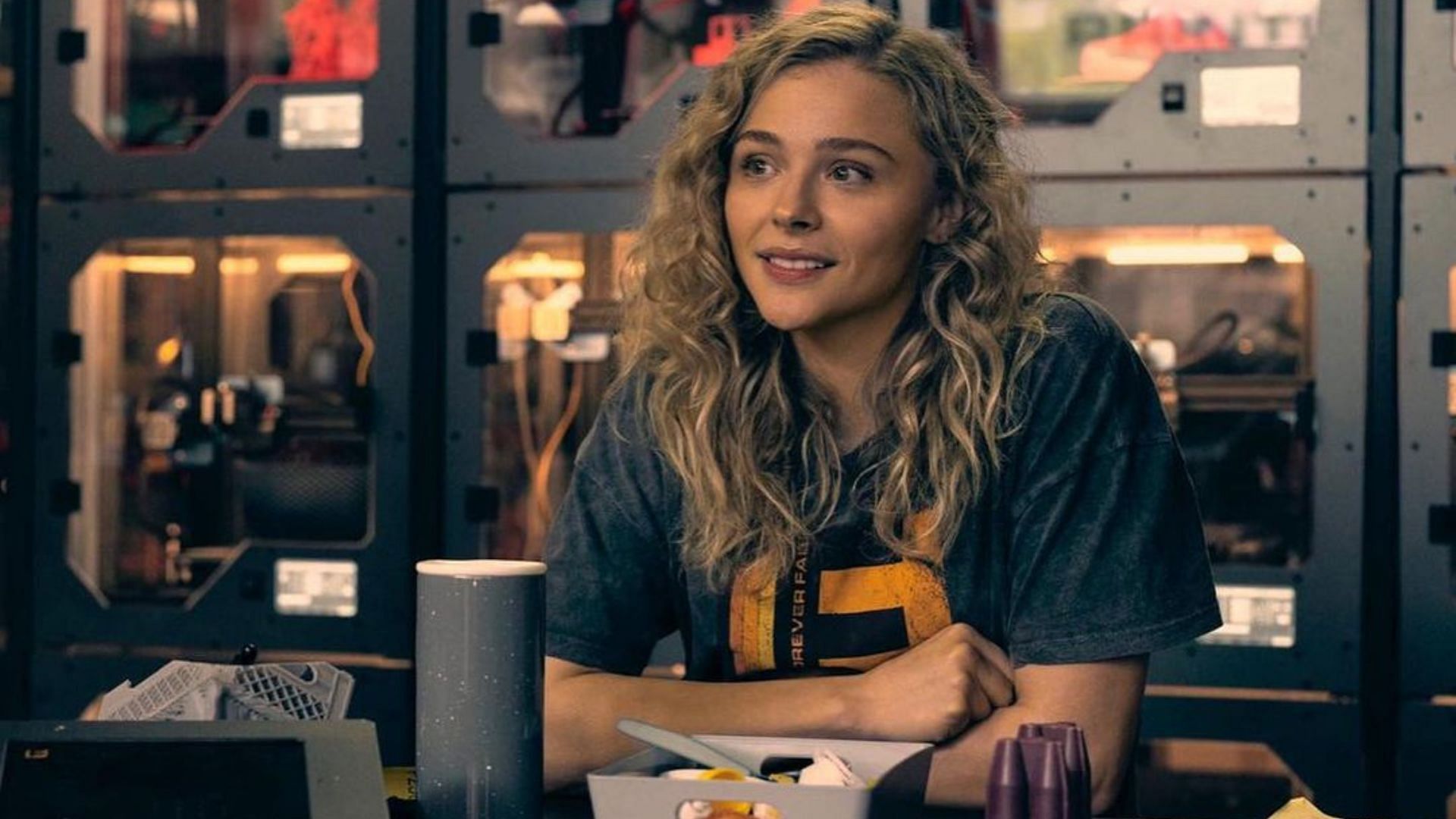


Not much of it, you get the impression, but better than nothing, and - so far as Flynne’s concerned - better than the alternatives. Our viewpoint here is Flynne, a sometime waitress turned freelance player of games sometimes wealthy men pay Flynne (and others like her) to control one of their units or soldiers in massively multiplayer games, hiring in her expertise to supplement their lack and take the prize money, some of which makes it back to Flynne. The country serves as a figure for the implied economic decline of the wider US, and by implication the world: the local economy consists of a handful of big-barn retail outlets, fast-food franchises, and 3D print-shops coming a distant and meagre second to the “builders”, who don’t build homes but bootleg pharmacologicals. Temporally, it’s not too distant from the present we inhabit at time of writing a decade down the line in technological terms, perhaps, maybe 15 years at most. Let’s start closest to home: the nearer of the two futures is set in a rural county in what I take to be Alabama. And not to just one future, but two - although one of those futures is the future of the other future, if you see what I mean. IF YOU ALREADY know one thing about The Peripheral, it’s that William Gibson’s new novel sees him go back to the future.


 0 kommentar(er)
0 kommentar(er)
